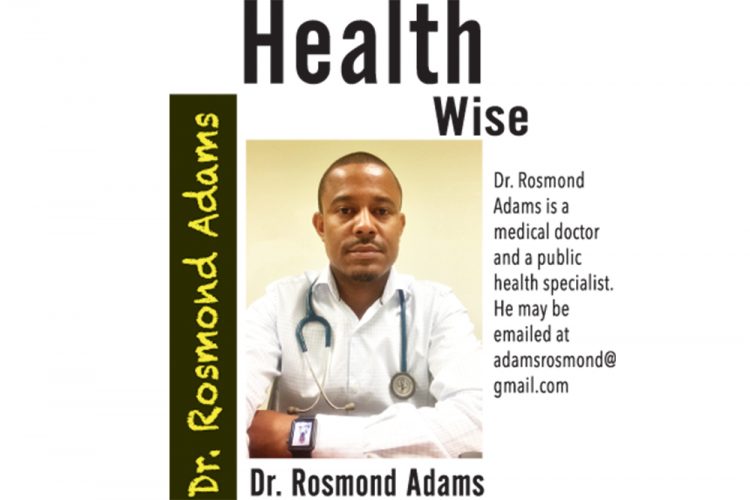Hypertension: Know your numbers!

Each year since 2006, on May 17, the World Hypertension League (WHL), in close partnership with the International Society of Hypertension (ISH) and other organizations, has hosted World Hypertension Day (WHD). For the five-year period 2013-2018, the theme of WHD will be ‘Know Your Numbers’, with the goal of increasing high blood pressure awareness in all populations around the world.
This decision was based on the global statistics, indicating that only 50% of those with hypertension were aware they actually had it, and that only a few populations had an awareness rate of more than 75%. And in some populations, awareness is very low – less than 10%.
High blood pressure, or hypertension has been called the “silent killer”, because it often has no warning signs or symptoms, and many people do not even know they have it. Over time, the constant pressure overload causes accumulating damage that eventually becomes more than your circulatory system can handle, often leading to serious health problems.
It is very important that you know and monitor your blood pressure.
Lifestyle changes can really help to lower your blood pressure. For example, you can work on eating a healthy diet with lots of fruits and vegetables to take care of any nutritional deficiencies, and to eat less salt. This, together with reducing high fat and calorie laden foods, can help you reach and maintain a healthy weight. Another way to lower your blood pressure is to increase the amount of exercise you do. Routinely exercising not only helps to lower your blood pressure, but may give you more energy, and is a great way to reduce stress. Finally, reducing or better still, quitting smoking, and limiting your daily amounts of alcohol (2 drinks for men, 1 drink for women), are also great ways to get your blood pressure heading into the healthy range.
As an adult, it is a good idea to ask your doctor to check your blood pressure one or two times a year if you think you may be at increased risk for any of the reasons described above. That way, you will know early on in the course of the disease, and be able to take steps to minimize your risk for other illnesses.
Dr. Rosmond Adams, MD is a medical doctor and a public health specialist with training in bioethics and ethical issues in medicine, the life sciences and research. He is a lecturer of medical ethics.
He is the Head of Health Information, Communicable Disease and Emergency Response at the Caribbean Public Health Agency (CARPHA). He is also a member of the World Health Organization Global Coordination Mechanism on the Prevention and Control of NCDs.
(The views expressed here are not written on behalf of CARPHA nor the WHO). You may contact him at;
adamsrosmond@gmail.com









